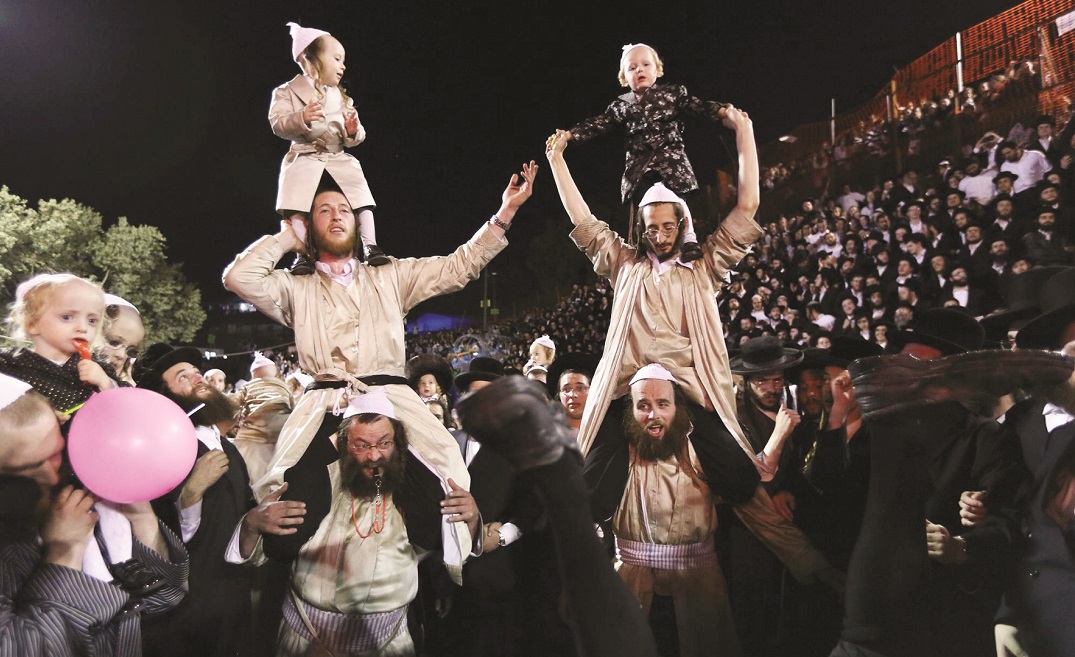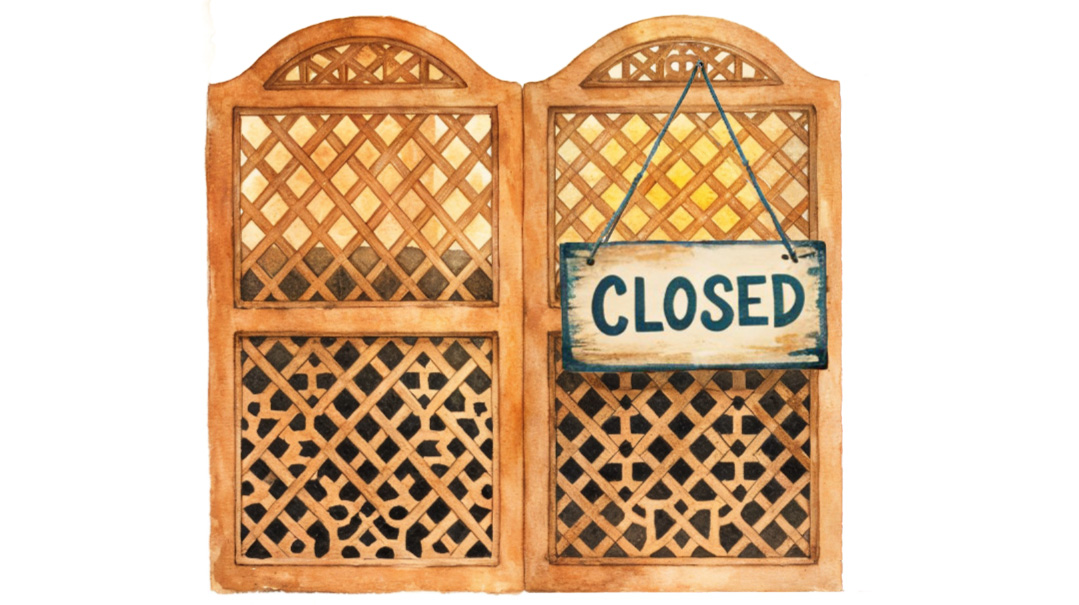Yoely’s Upsheren

As told to Faigy Schonfeld
It’s strange how all the tactless comments and stares and annoying advice never made me flinch, but this pinches me inside and leaves me feeling vaguely unsettled

W
hen my son is born, people have a lot to say.
Some try for words of comfort, some pretend all is fine and dandy, some cross the street when they see me.
But I don’t care.
Believe me when I tell you he has the face of an angel. He has the slanted eyes, okay, but they are enormous and blue and brilliant. He quickly learns to giggle and he alternates between giving us smiles that can thaw icebergs and mellow, wizened gazes. He is small and cute and delicious. And most of all, he is mine.
It isn’t all roses. In the first few months of his life, he undergoes surgery to repair a hole in his heart. There are many adjustments as reality dawns and therapists make their way in and out of the house and I try to juggle it all, along with laundry and bruises and missing homework sheets and all the joys of raising five regular kids besides.
But for the most part, I savor his babyhood. He is my sixth child and I am edging toward 40. And so I revel in the fleeting beauty of cuddles and love and midnight sweetness, of tiny undershirts and silky, newborn skin. And the kids are amazing, ecstatic with the new baby and awfully proud.
At two years old, Yoely barely says any words, but I do my duty and say brachos out loud with him, teach him to wash negel vasser, and sing Shabbos songs as I bake challah. It is then that the niggle sets in. As a mother, it’s my role to teach and love, to inspire and explain, to distill Yiddishkeit into age-appropriate mitzvos: saying brachos and helping Mommy and no touching the light switch on Shabbos.
But with Yoely, I know it is different. He might never become obligated in mitzvos.
It’s strange how all the tactless comments and stares and annoying advice never made me flinch, but this pinches me inside and leaves me feeling vaguely unsettled. What is my part in this?
Oh, I know the truth intellectually. I know that if Yoely need not do mitzvos, then clearly this is not part of Hashem’s plan for him. But my heart aches, and I wonder what will be his joy, his meaning? How can he never know the magic of a Ne’ilah prayer, the flush of victory when you strangle the urge to speak lashon hara? Netilas yadayim and shaking lulav and laying tefillin, the purity of a Pesach Seder, the awe of a blatt gemara? And his bar mitzvah… wouldn’t that be nothing more than a glorified birthday party?
Yoely is my baby and I love him so much it hurts and when I think of this, something bleeds inside me.
When Yoely is almost three, we talk of the upsheren. We discuss pekalach and colorful yarmulkes and alef-beis cupcakes. But for some reason, I want something more. Something else. When the idea comes to hold his upsheren in Meron, it feels suddenly very right.
I feel strangely breathless as the plane takes off, Yoely snacking on cookies, cozy in my husband’s lap beside me. When we land in Ben-Gurion, a van is waiting to take us up north. The journey seems endless. But then, we are there, and I watch as the sun sets behind the kever, and gold light spills across my baby’s face, dances in his eyes.
There is something about Meron that makes heaven kiss earth, where mystique and purity blend seamlessly. I watch as my husband snips at Yoely’s blonde locks, leaving simanim for peyos, and I shiver in the presence of greatness, the air soft and redolent with the spirit of Rabi Shimon.
I think of Rabi Shimon learning Torah, the fire and purpose lighting up 12 years in a cave. And I don’t know why, but suddenly, I don’t mourn that my son will never have that, the Torah and the fire and the purpose. It is here, in the lofty sweetness of Meron, where clarity and peace whisper. I watch as Yoely’s baby face is transformed, given the mark of a Jew, peyos, and a kappel. And I know that, mitzvos or not, he is very much a Jewish child. And every Jew has his own tafkid. For most of us, it means fulfilling Hashem’s commandments in whatever capacity we can, but for my son, being a Jew means something else.
I see him, angelic and beautiful and very Jewish-looking, the sun slipping away behind him in a blaze of beauty. And I sense that he is not missing out at all, for all the joy and meaning and purpose of the Jew is already tucked inside him.
(Originally featured in Family First Issue 492)
Oops! We could not locate your form.













